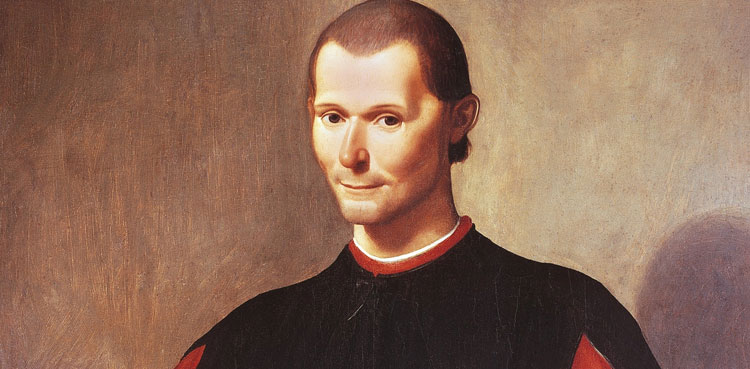Niccolò Machiavelli, an Italian diplomat and political philosopher of the 16th century, is one of the most famous and controversial figures of political thought. His well-known book “The Prince” presents a realistic, sometimes ruthless, mean of acquiring and holding political power that sharply diverged from traditional moral and ethical considerations.
The Core of Machiavelli’s Theory
Machiavelli’s theory centers around the idea that the primary goal of a ruler is to maintain power and stability, regardless of the moral implications of the actions taken to achieve that goal. He argued that it is better for a ruler to be feared than loved, if a choice must be made, as fear is a more reliable motivator than love.
In “The Prince,” Machiavelli outlines various strategies for rulers to acquire and maintain power, including:
The use of deception and manipulation: Machiavelli believed that rulers should be willing to deceive and manipulate their subjects and rivals when necessary to achieve their political goals.
The importance of pragmatism over morality: He argued that rulers should prioritize the stability and security of the state over adherence to traditional moral principles.
The necessity of a strong military: Machiavelli emphasized the importance of a strong military to protect the state from both internal and external threats.
The understanding of human nature: He believed that rulers must have a realistic understanding of human nature, recognizing that people are often fickle, greedy, and easily swayed.
Criticisms of Machiavelli’s Theory
Machiavelli’s theory has been the subject of much criticism over the centuries. Some of the main criticisms include:
Immorality: Critics argue that Machiavelli’s emphasis on pragmatism over morality promotes a cynical and amoral approach to politics, where any action can be justified in the pursuit of power.
Cynicism: Some argue that Machiavelli’s view of human nature is overly cynical and pessimistic, failing to recognize the potential for human goodness and cooperation.
Lack of idealism: Critics point out that Machiavelli’s theory lacks any sense of idealism or higher purpose, focusing solely on the acquisition and maintenance of power.
Potential for abuse: There is concern that Machiavelli’s ideas could be used to justify authoritarianism and tyranny, as rulers may use his teachings to suppress dissent and maintain their power through force and manipulation.
The Enduring Influence of Machiavelli
Despite the criticisms, Machiavelli’s work remains influential in political thought. His emphasis on pragmatism and the realities of power has resonated with political leaders and scholars throughout history. Some argue that Machiavelli’s insights into human nature and the dynamics of power are still relevant in today’s political landscape.
Machiavelli’s theory raises important questions about the nature of power, the role of morality in politics, and the responsibilities of leaders.
While his ideas may be controversial, they continue to spark debate and discussion about the fundamental principles of governance and leadership.
In conclusion, Machiavelli’s theory offers a pragmatic and often controversial perspective on the acquisition and maintenance of political power. While his ideas have been criticized for their amorality and cynicism, they continue to be studied and debated, highlighting the enduring relevance of his insights into the nature of power and politics.



Leave a Comment